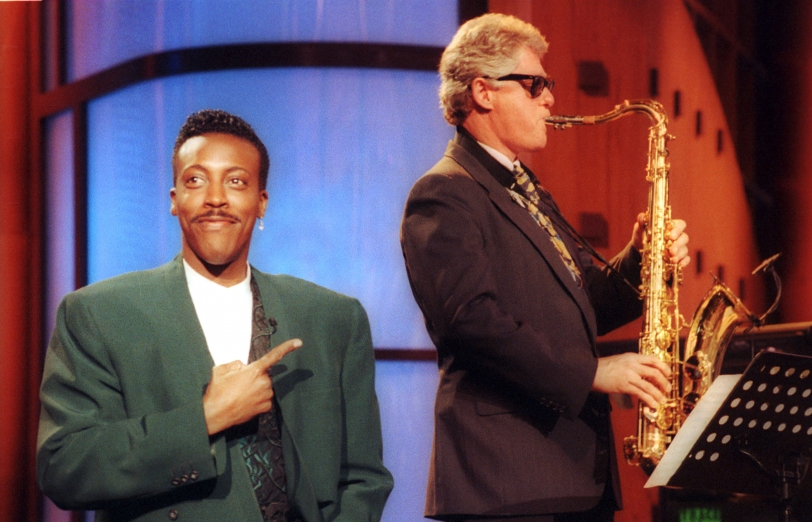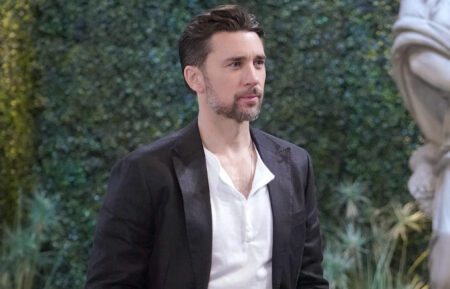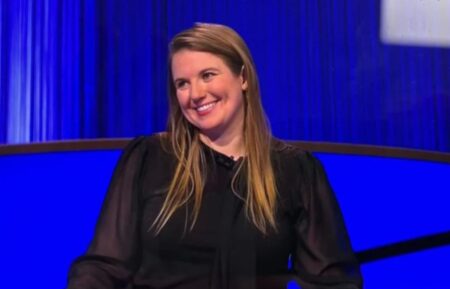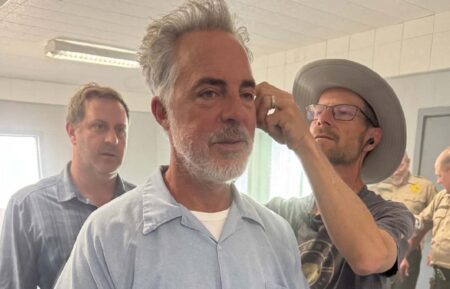Today in TV History: Bill Clinton and His Sax Visit Arsenio

When: June 3, 1992
Where: Hollywood
What: Bill Clinton and his saxophone make political history on The Arsenio Hall Show
It used to be that serious presidential candidates appeared only on equally serious news programs. But in the spring of 1992, Democratic contender Bill Clinton needed something special to set him apart from his opponents, sitting president George H.W. Bush and independent candidate Ross Perot. So the 45-year-old Arkansas governor booked a groundbreaking appearance on The Arsenio Hall Show, to chat with the host and wail on his sax for soulful renditions of “Heartbreak Hotel” and “God Bless The Child.”
Mandy Grunwald (Clinton media adviser): The convention wasn’t until July, so we had five or six weeks and very little money. We realized that people needed to know more about Bill Clinton. So I had written a memo saying we ought to do these kinds of softer talk shows. In terms of picking [which one], Arsenio was serious with guests and oftentimes talked a little policy.
Paul Begala (Clinton senior strategist): When we got there, Arsenio looked at Clinton’s very boring striped tie and said “Man, you cannot wear that on my show.” Arsenio disappeared, came back, and gave Clinton some loud yellow tie. I reached into my pocket and pulled out my Ray-Ban Wayfarers and said, “Governor, you’ve got to wear my glasses.” He looked at [senior strategist James] Carville who said, “Governor, anything pre-Beatles, I decide. Anything post-Beatles, Paul decides. This is a post-Beatles call.” When Clinton quit laughing, he said, “All right. We’ll wear the glasses.” Those glasses, they became famous. I donated them to the Clinton library.
Michael Wolff (musical director, The Arsenio Hall Show): All he talked about at rehearsal was Chelsea and how they really missed her. It was so hard to be out on the trail [without] her.
Begala: Arsenio asked him tough questions, too, about the latest controversies from the campaign trail. My recollection, many years later, [Clinton] said, “That’s one of the more substantive interviews I’ve done.” The political press would only ask about strategy and polling; Arsenio was much more like a voter. He wasn’t like a political journalist.
Wolff: You could tell he’d been a good high school saxophonist. He wasn’t great, but he was good. We spent time together and then afterwards our whole band said, “Look, man, if you win, we’d like to play the inauguration.” He was true to his word and we went and played the Kennedy Center on his first inauguration. And they gave us these flight jackets that have the presidential seal on them, and our names.
Begala: A lot of the mainstream media, the established Sunday show crowd, they were aghast and appalled. I’d say the more upset they were, the more we were sure we were right.
Grunwald: It was the end of one way of communicating with voters and the beginning of another. They just didn’t know that yet.
From TV Guide Magazine
How 'Countdown' Recruited Jensen Ackles to Go Full 'Die Hard'
Countdown boss Derek Haas talks creating the character around Ackles, and the cast teases the “Avengers”-like team of the crime thriller. Read the story now on TV Insider.








